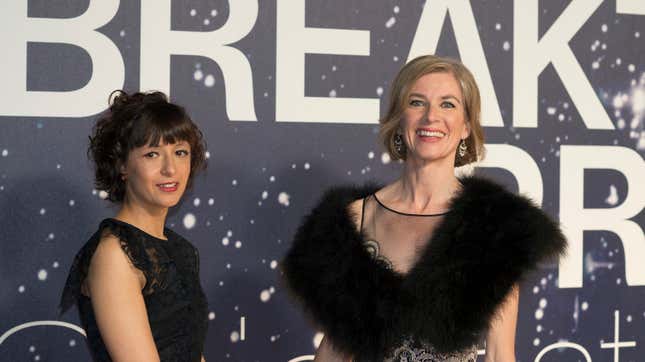Two Women Win the Nobel Prize in Chemistry for Pioneering 'Genetic Scissors'
Latest

A French microbiologist and an American biochemist have become the first women to jointly win the Nobel Prize in chemistry, and only the sixth and seventh women to win the chemistry prize since the awards began in 1901. (One past winner was Marie Curie; another was her daughter, Irene.)
-

-

-

-

-

-

-

-

-

-

-

-

-

-

-

-

-

-

-

-

-

-

-

-

-

-

-

-

-

-

-

-

-

-

-

-

-

-

-

-








































